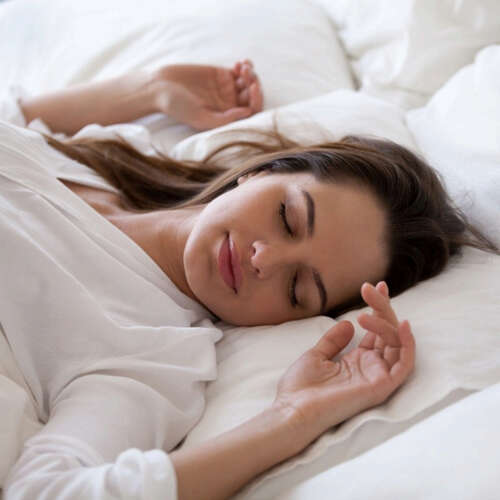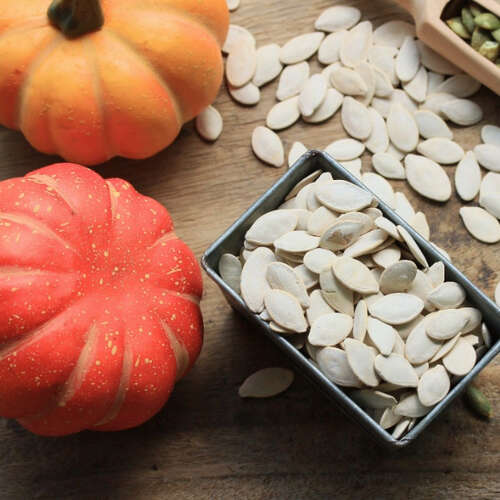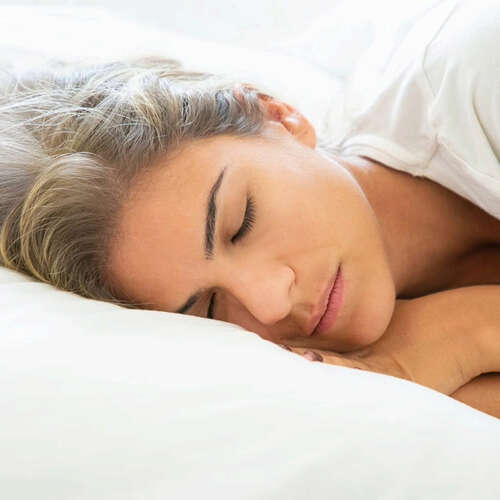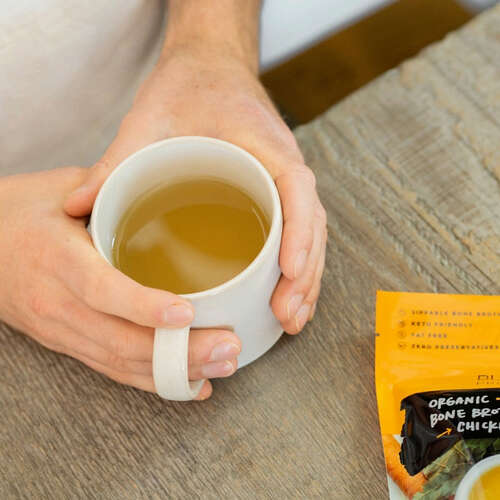
Being unable to nod off at night due to insomnia is a frustrating experience! Even if you’re exhausted, you may not be able to fall asleep through no fault of your own. Getting inadequate rest can cause you to feel tired and foggy during the day, which can interfere with your work and life responsibilities.
Luckily there are natural sleep aids you can add to your nighttime routine that can help promote better rest. Here are 10 low-cost remedies that may improve your insomnia.
1. Lavender

Lavender is renowned for its soothing scent, which can promote relaxation and potentially improve sleep quality. Using lavender essential oil in a diffuser or adding a few drops to your pillow can create a calming environment conducive to sleep. Lavender-scented bath products and lavender teas are also low-cost options that may help you unwind before bed.
2. Soothing Drinks

According to Johns Hopkins, having a soothing drink before bed may allow you to drift off more easily. Certain beverages such as chamomile tea, warm milk, and tart cherry juice could support the production of chemicals involved in sleep, potentially helping to reduce insomnia.
3. Valerian Root

Valerian root is an herb that has been used for centuries to promote relaxation and improve sleep quality. It can be brewed into a tea or taken in supplement form (with permission from your doctor of course). Some studies suggest that valerian root may help decrease the time it takes to fall asleep and improve sleep quality.
4. Magnesium

Magnesium is an essential mineral involved in various bodily functions, including sleep regulation. Incorporating magnesium-rich foods like spinach, almonds, and pumpkin seeds into your diet could help you get a better night’s rest. Research indicates that magnesium deficiency is linked to sleep disorders, so boosting your levels could help address insomnia.
5. Passionflower

Passionflower is a plant that was traditionally used in the Americans and Europe to treat anxiety and insomnia. Some studies suggest that consuming passionflower tea may help induce relaxation and improve sleep quality. Passionflower is also available in pill form, but always consult your doctor before adding new supplements to your routine.
6. Melatonin

Melatonin is a hormone naturally produced by the body to regulate sleep-wake cycles. Some studies suggest that taking melatonin supplements may reduce the time it takes to fall asleep and help combat jet lag. Although short-term use is generally thought to be appropriate for many people, it’s important to consult your doctor to ensure you’re cleared to take it.
7. Green Tea

Green tea leaves contain beneficial antioxidants and an amino acid called theanine that’s known for its calming effects. Studies suggest that consuming low-caffeine green tea throughout the day may lower fatigue levels, reduce stress, and improve sleep quality. However, it’s best to avoid drinking green tea right before bed due to its caffeine content.
8. White Noise

Many people find white noise apps and machines help them sleep better. If you live in a busy area, white noise can help drown out street sounds and other disturbances that may interrupt your sleep.
9. Bone Broth

Bone broth contains an amino acid called glycine that’s believed to have calming properties. Studies suggest that glycine may help you nod off faster and sleep deeper, resulting in fewer nocturnal awakenings. Having a warm cup of bone broth before bed can be a soothing part of your nighttime routine that helps you wind down.
10. Exercise

If you don’t want to try any new supplements or foods, start engaging in regular physical activity to improve your sleep quality instead. Working out earlier in the day can help you sleep better at night and reduce your stress levels.
Luckily you don’t have to get an expensive gym membership to experience the benefits of physical activity. Doing simple bodyweight exercises, walking outside in nature, or even trying at-home yoga routines can promote a good night’s rest.
Find What Works For You

From chamomile tea to exercise, there are many low-cost remedies that can potentially help you sleep better at night. You may need to try a few different sleep aids to find one that works for you. But if your sleep difficulties continue, it’s wise to consult a doctor for professional guidance.
Read More
10 Self-Care Strategies for Managing Debt-Related Stress



